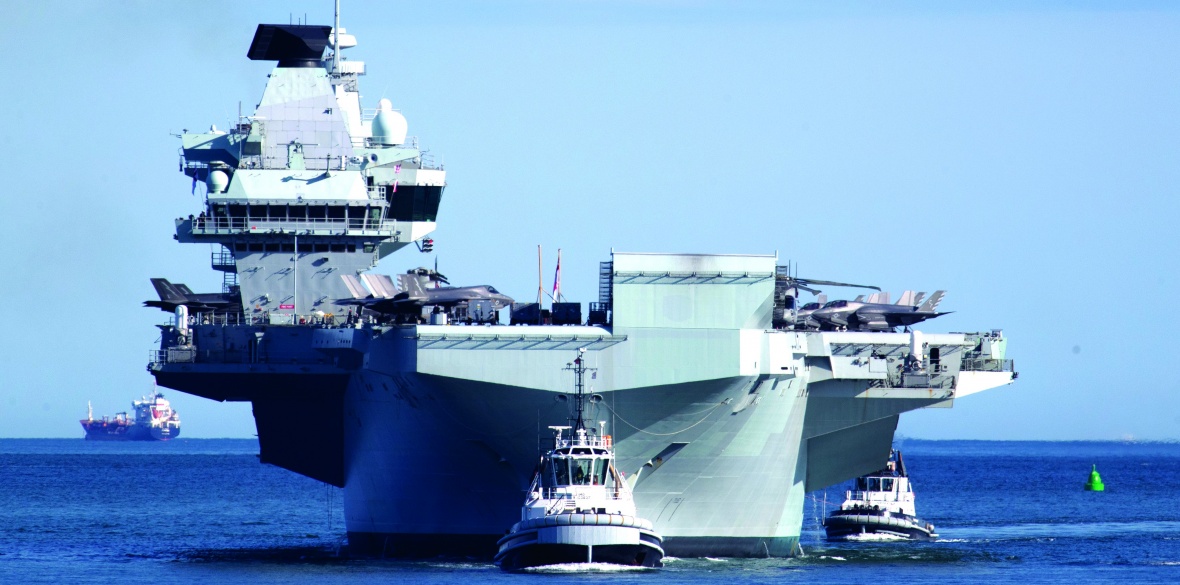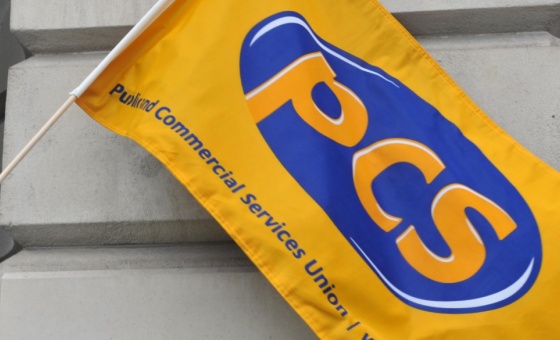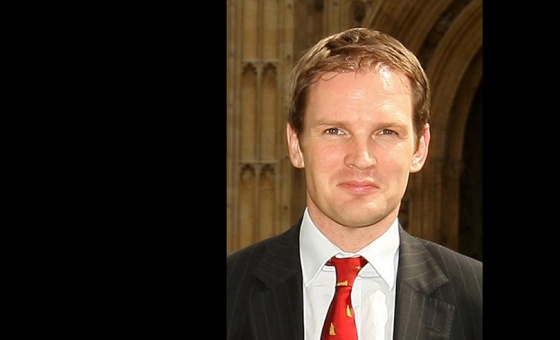This is the last article you can read this month
You can read more article this month
You can read more articles this month
Sorry your limit is up for this month
Reset on:
Please help support the Morning Star by subscribing here
LAST year, in celebrating the Communist Party’s 100th anniversary, tribute was paid to past comrades who committed their lives to the struggle against imperialism. In the 1920s and ’30s they included Joan Beauchamp, Rajani Palme Dutt and the Communist MP for Battersea Shapurji Saklatvala.
In the 1950s the Daily Worker journalist Alan Winnington faced treason charges if he returned to Britain after exposing British and American atrocities in Korea. In the 1970s there were the London Recruits who risked their lives in apartheid South Africa.
All saw the fight for peace and socialism as inextricably linked to the fight against imperialism. They understood that capitalism in its monopoly phase is inherently expansionist, that its political and economic survival requires external exploitation.
While the empires of the past are gone, monopoly capitalism continues and today its ability draw super-profits from across the world faces a period of acute crisis. We see around us every indication of a new aggressive phase of military activity led by the United States. In this Britain plays a key subsidiary role while the dominant powers in the European Union pursue their own agendas in Eastern Europe and Africa.
The challenge this poses to communists, and indeed to all progressives, is laid out in the international resolution to be debated at the party’s November Congress.
The essence of this challenge can be summed up as one of explanation plus organisation. The New Cold War, as it has been called, is being carried forward, as was its predecessor, under the banner of human rights and freedom. Indeed, the US’s propaganda radio stations still continue under the same names as in the 1950s, Radio Free Europe and Radio Free Asia.
Communists have to be able to explain what is happening in Asia, Africa and the Americas in a way that can win the wider labour movement, and in particular trade unions, to take a conscious, informed stand against imperialism and war. Remember that in 1960 it was the votes of the transport workers and engineers that defeated Labour support for nuclear weapons and helped develop Britain’s first great mass movement against a US-led war drive.
Today the central challenge for imperialism is the economic rise of China. Unless stopped China will outpace the US within a very few years, ending the world primacy of the dollar and threatening the main basis of its global dominance.
This is the ability of the US to borrow cheap, lend dear and to finance a war machine three to four times bigger than any other which, in turn, finances its giant firms in aerospace, artificial intelligence, IT and cyberspace that give it global technological leadership.
The US justifies all its aggressive activities, against China, Cuba, Venezuela and Nicaragua, in the Middle East and Eastern Europe, under the banner of human rights. Virtually all sections of our press, including the liberal Guardian, propagate this view. Unless challenged, factually and intelligently, it will, and does, paralyse action for peace. Even among sections of the left these views are currently repeated.
Correspondingly, communists need to be able to explain two things: first, the nature of monopoly capital’s global domination and, second and no less important, the character of today’s socialist countries and why they represent an ideological as well as economic challenge to imperialism.
First, on this socialist challenge. The resolution presents a characterisation of today’s socialist countries and why they potentially present a political as well as economic challenge to our ruling class.
All are, as they themselves acknowledge, in the early stages of creating fully socialist societies. They are in no way utopias. They are all, to a greater or less degree, societies in which markets play a role and which in private capital operates.
Yet there is also a key difference. All have mass communist parties with socialist objectives which work in a mass way and are based among working people.
It is this that constitutes their “state power.” And this state power operates in a quite different way to that in the imperialist countries. It is capital that is controlled. In China and Vietnam this state power has been used to double and treble living standards over the past two decades, ending absolute poverty for hundreds of millions. Its capacity for mass mobilisation has been amply demonstrated during the Covid pandemic. Even in Cuba, despite the US blockade, it has secured levels of child health and standards of ecological security unrivalled in the Americas, including the US.
This is the real story about human rights. Then turn instead to US satellites like Colombia and currently Brazil. Here, with little or no mention in our press, thousands of trade unionists and peasant leaders are butchered each year in societies trapped in mass poverty and multinational exploitation. Or turn to Israel’s violation of the rights of Palestinians – where the US alone blocs action in the UN security council.
This leads to the second major focus for Congress discussion. It is to understand how US imperialism seeks to maintain its power and Britain’s role in this. At the centre of Britain’s state power today lie the US banks that dominate the City of London and use it as a key staging post for international financial control. Britain remains integral to US influence in Nato and to its operations in the Middle East, Eastern Europe, Africa and Asia Pacific.
We have to be able to explain these links. In any war scenario it will be crucial. Take the East Mediterranean. Britain has just helped torpedo UN talks towards reuniting Cyprus, appeasing Turkey, protecting its own military bases in the south in what appears to be an attempt to reintegrate Turkey within Nato.
In the Middle East itself Britain remains a key player, currently directly involved in US plans for the division and destabilisation of Syria and the creation of a new balance of power that will enable the US to release its military forces eastwards to south-east Asia. Further south, in the Chagos Isles, Britain defies UN resolutions in order to maintain Diego Garcia as the US’s main strategic military and air base covering Asia-Pacific. As our Congress prepares to meet, Britain’s biggest warship is sailing into the South China Sea.
All this we need to be able to understand and explain. On it depends our ability to mobilise for peace – and also to argue for socialism.
John Foster is international secretary of the Communist Party of Britain. You can find the main resolutions to the Communist Party’s congress here.










